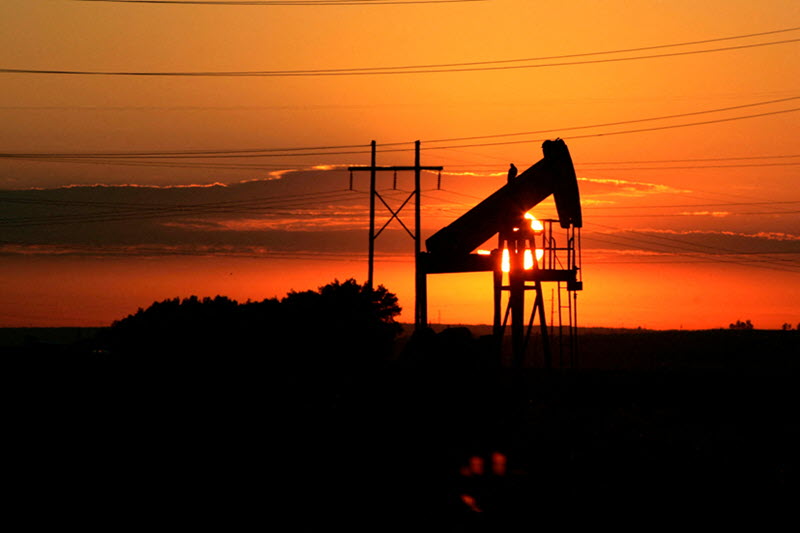Oil prices made a downward turn on Friday, spurred by easing Middle East supply concerns amidst the Israel-Hamas war and speculation of the US Federal Reserve halting interest rate hikes. Brent crude futures were recorded at $84.89 a barrel while West Texas Intermediate crude stood at $80.51 a barrel, marking a weekly drop exceeding 6%. Despite warnings of potential wider conflict at Lebanon’s border with Israel by Hezbollah leader Sayyed Hassan Nasrallah, markets remained steady. John Kilduff of Again Capital LLC stated that this conflict seems unlikely to significantly disrupt demand or supply.
The slower-than-expected US job growth in October and cooled wage inflation suggest softer labor market conditions, reducing the need for further Fed rate hikes. Meanwhile, the Bank of England maintained its 15-year peak rates, fostering some risk appetite. However, China’s services activity showed only modest expansion in October as sales growth hit a 10-month low and employment stagnated due to declining business confidence.
Turning to South Africa, World Bank forecasts indicate that barring geopolitical escalations, fuel prices should remain stable during the festive season. This prediction is tied to an average global oil price of $90 per barrel in Q4, influenced by a drop in Brent crude prices from $91.86 to $88.72 per barrel due to a slowdown in global economic growth and increased production from non-OPEC+ producers.
The recent minor R1.78 per liter cut in petrol prices driven by increased global oil inventories and the lifting of US sanctions on Venezuela is expected to eventually benefit both the logistics supply chain and retail pricing. However, consumers find this cut inadequate given the current prices of R23.90 per liter for 95 unleaded petrol and R23.44 for 93 unleaded petrol.
The Absa Purchasing Managers’ Index, at 45.4 index points in October, indicates depressed demand for local goods due to high food and fuel prices, with the AA predicting the fuel price decrease to persist through the festive season. This comes amid a July 2023 price break and an 8.1% food inflation rate according to Stats SA figures, along with a R5.71 diesel price hike since June and a current price of $87.25.
Road Freight Association CEO Gavin Kelly noted a delayed logistics impact due to warehouse reserves while Debt Rescue CEO Neil Roets highlighted cost-of-living increases causing financial instability. UASA spokesperson Abigail Moyo advised prudent spending due to high fuel costs affecting travel and upcoming education expenses.
Despite high living costs persisting for South Africans due to rising electricity and food prices, consistent interest rate hikes, and continuous petrol price increases, the anticipated stability in fuel prices should provide temporary relief for consumers. Experts recommend prudent travel arrangements during the festive season considering the upcoming financial pressures at the start of the new year.
This article was generated with the support of AI and reviewed by an editor. For more information see our T&C.
Read the full article here
